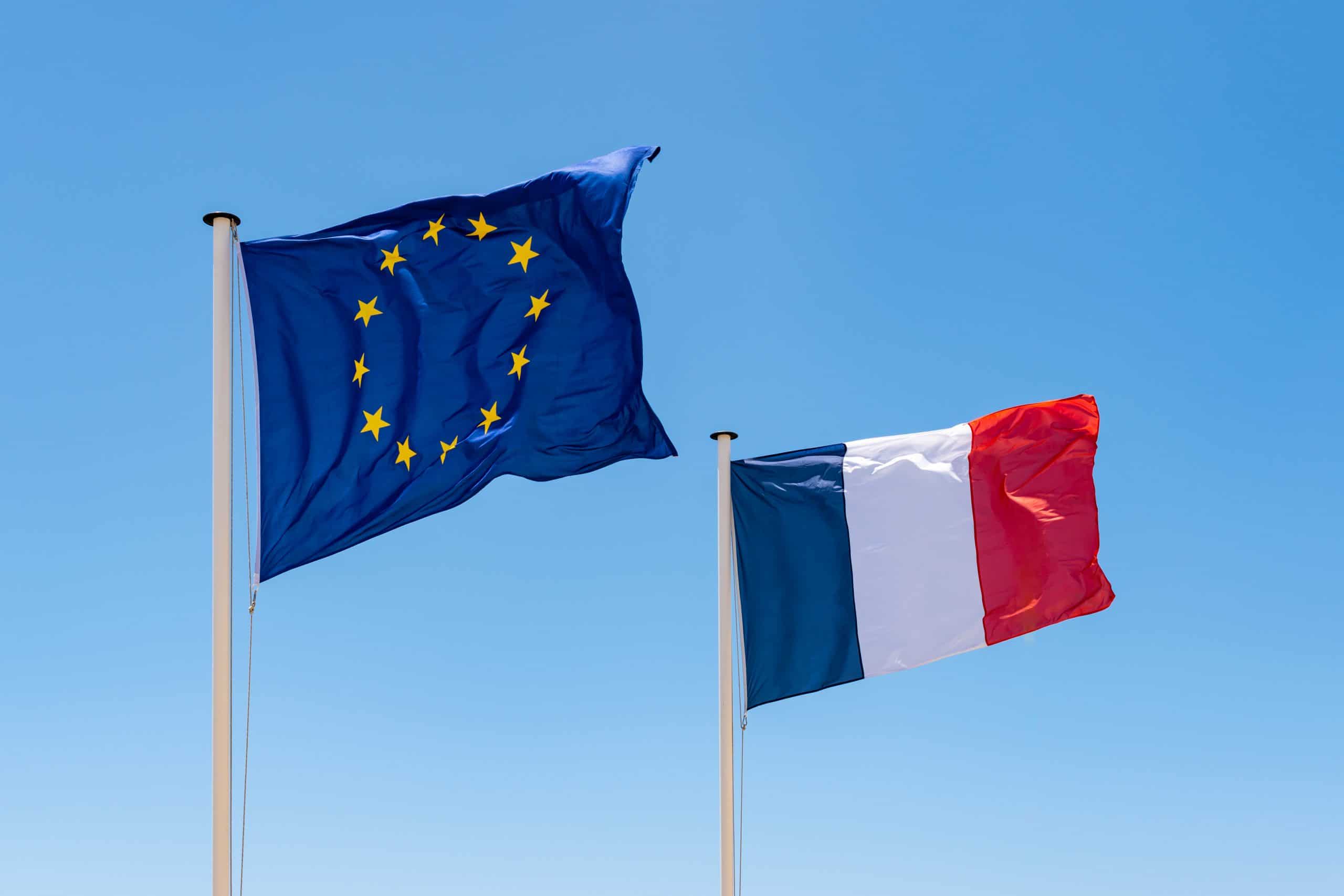
The French Presidency of the Council of the European Union : European ambitions, national (domestic) challenges
The French Presidency of the Council of the European Union European ambitions,

Strategic autonomy for the European Union (EU) has been advocated for some time by French President Emmanuel Macron. He rightly pointed out some years ago that in the current strategic global context the EU should be in a position to safeguard and protect its own interests, increase its autonomy in many areas and be able to put power behind its politics. To be not only an important global economic player but also a political one, defending its own strategic interests. It’s therefore not a coincidence that the concept is one of the top priorities of the French Presidency of the Council of the EU.
No one could have foreseen how soon the importance of this strategic autonomy would be demonstrated by the war now unfolding on the European continent in Ukraine. While a couple of years ago the concept of strategic autonomy received lukewarm support, now many realize that we have lost precious time and should have started to implement it long ago. For most EU countries, also members of NATO, the Atlantic Alliance is the cornerstone of our defence. It guarantees the protection of our sovereignty. Increasing the strategic autonomy of the EU also increases the strength of the Alliance. It is a mutually reinforcing policy whereby the EU is stepping up its share in our collective defence, enabling it further to act independently if it wishes to do so when its interests are at stake.
It is in this light that the Strategic Compass and the corresponding EU Defence Package should be seen. The Strategic Compass would become even more important and gain in effectiveness if it would emphasize the need for task specialization between EU countries. To a large extent, countries still try on an individual basis to have the capabilities to cover all eventualities. It’s an outdated, ineffective, and expensive concept that needs revision in order to transform into an agile and cohesive European defence capability.
Specialisation would result in complementarity, state of the art capabilities and increased cooperation between the Member States in research and production. With limited budgets, the collective expenditures should have the maximum effect. That can be realized by a far-reaching concept of task specialization, avoiding duplication, and increasing the interdependence between the countries concerned. The next logical step would be to include in the EU treaty a clause similar to article 5 in the NATO treaty, whereby an attack on one of the members should be considered as an attack on all.. In the current dangerous situation for Europe, even the still neutral (non-NATO) EU member states might be inclined to sign up for that.
“The 2009 decision of former French President, Nicolas Sarkozy, for France to fully resume its place in NATO (i.e., back into the Military Command Structure) was based on the assumption that both the EU and NATO would benefit from a more coordinated and complementary collaboration. This was the theme under which I placed my tenure as NATO Supreme Allied Commander Transformation (2009-2012). Ten years later, both the EU decisions and the course of current tragic events are proving that this vision was right.”
Gen. Stéphane Abrial Tweet
The informal EU summit in Paris on 10 and 11 March was originally intended to discuss the Strategic Compass and the EU Defence Package. No doubt it will now be largely devoted to the war in Ukraine. However, it is hard to see who could, at this point in time, be opposed to the adoption of the Strategic Compass and the Defence Package.


The French Presidency of the Council of the European Union European ambitions,

The priorities set by France as part of the French Presidency of

Former Chief of the French Air Force, General (ret.) Stéphane Abrial, joins